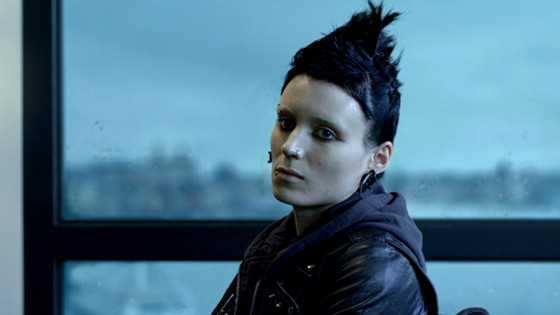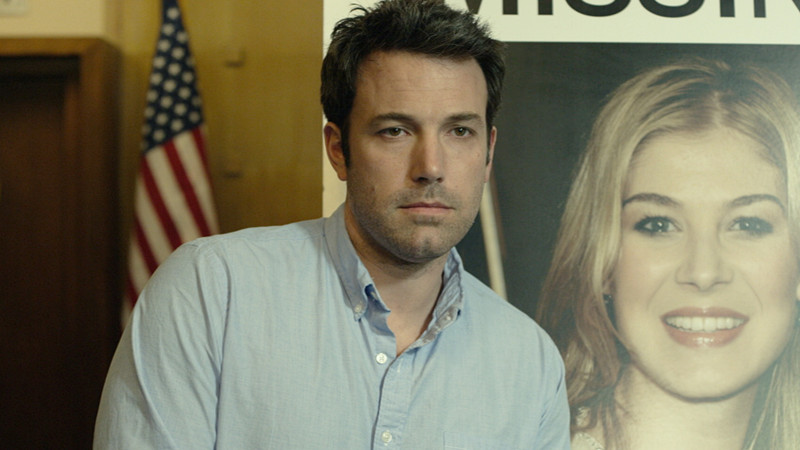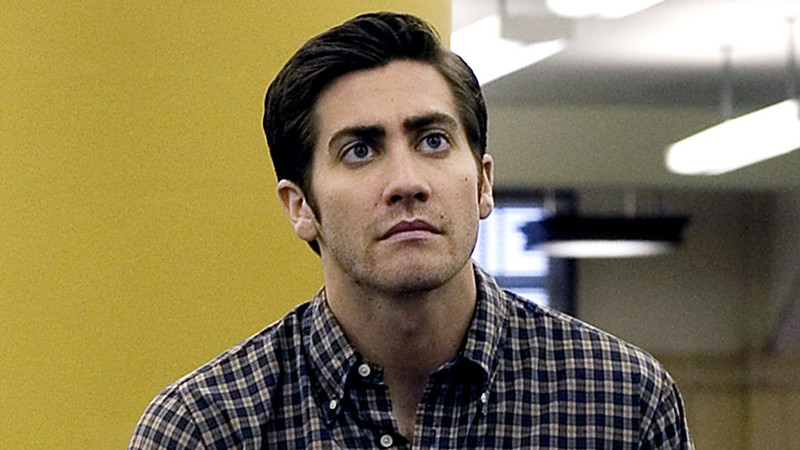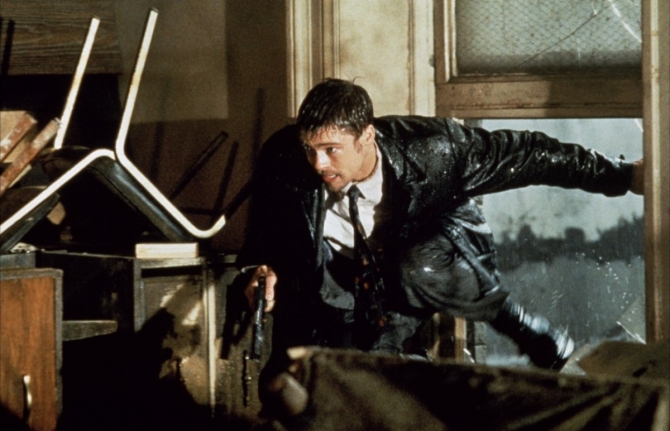6. The Girl with the Dragon Tattoo (2011)

That the guy behind “Zodiac” and “Se7en” would choose Stieg Larsson’s best-selling crime novel for adaptation barely came as a surprise to anyone who’d already flipped through its pages or seen the 2009 Swedish film adaptation. Twists and turns, political conspiracies, serial killers, tormented detectives and evil patriarchs are all par for the course in this Scandinavian whodunit about a disgraced journalist charged with investigating the decades-old disappearance of a wealthy tycoon’s grand-niece.
“The Girl with the Dragon Tattoo” couldn’t possibly be more in Fincher’s wheelhouse and his English-language adaptation belongs squarely within his gruesome canon. More than marking a genuine stride forward for the director’s filmmaking craft, though, the 2011 thriller is really all about serving as a stunning showcase for Rooney Mara. The A-lister earned an Oscar nomination for her committed performance as the rebellious goth hacker and self-styled amateur sleuth Lisbeth Salander, without a doubt one of the most compelling characters in Fincher’s expansive catalog.
5. Fight Club (1999)

It’s all too easy to mock Fincher’s turn-of-the-century takedown of masculine rage and capitalist corporate culture these days knowing that a horde of edgy film bros and incels have latched onto the movie and created an entire mythology around it for the past twenty-odd years. But don’t let its toxic, male-centric fanbase ruin the whole thing for you — a case for “Fight Club” as Fincher’s funniest and fiendishly entertaining movie can certainly be made, and its foothold in the public consciousness simply can’t be overstated.
In putting us in the shoes of a narcoleptic average Joe (Edward Norton) who becomes radicalized after bumping into a charismatic anarchist-terrorist (a never better Brad Pitt), Fincher captured the existential yearning of exactly the kind of disillusioned white men that would listen to Andrew Tate today. You’d think that a film mostly known for its plot twist would not hold up on repeated viewings, but “Fight Club” is still a movie you always have to stop to watch whenever it’s on cable.
4. Gone Girl (2014)

This adaptation of Gillian Flynn’s 2012 bestseller, though penned by the author herself, couldn’t possibly feel more like Fincher’s own. Nothing is quite what it seems in this nightmarish rom-com about a deadly dysfunctional Missouri couple that is suddenly thrust into the national spotlight after the forlorn wife disappears out of thin air on the eve of their fifth wedding anniversary. A nation-wide investigation, a wild media circus, and the usual finger-pointing ensues, all of which screams trouble for the stranded husband, who immediately becomes a murder suspect.
Rosamund Pike earned glowing praise for her performance, as did Ben Affleck, but this one belongs to the director through and through. Once again showcasing his innate gift for elevating pulp fiction into high art, Fincher seems perfectly at home commenting on everything from modern American culture and gender politics to the true crime craze, emphasizing the way the media callously sensationalizes tragedy and distorts narratives to keep the masses tuned in. Give this one all of your attention, it deserves it.
3. The Social Network (2010)

Fincher’s most probing study of unchecked male ego is this sprawling account of the founding of Facebook by Harvard student and soon-to-be multi-billionaire entrepreneur Mark Zuckerberg, a generation-defining biopic that feels destined to be remembered for decades to come.
Bold, incisive, and disarmingly prescient in how it anticipated the media obsessed culture and corporate-backstabbing tactics that have become ever so prevalent today — seriously, any working director would kill to get their hands on a script as drum-tight as this one by Aaron Sorkin — there’s a high chance that “The Social Network” ends up becoming the one film most people recognize as Fincher’s magnum opus. Not a drop of blood is spilled, which makes sense for a story that for the most part unfolds in college dorms and dim-lit deposition rooms, but leave it to Fincher to make two straight hours of college nerds discussing corporate litigations and equity ownership as heart-racing as any of his grisly crime thrillers.
2. Zodiac (2007)

No movie has captured the weighty burden of truth-seeking as effectively as this authoritative account of the real-life crime investigation of the unidentified serial killer who terrorized the Bay Area and taunted police by sending cryptic anonymous letters from 1969 to 1991. Based on actual case notes and Robert Graysmith’s non-fiction book, “Zodiac” splits its focus on two individuals that played a key role in the cross-country manhunt, a hard-nosed detective and an amateur cartoonist, as they plummet down the rabbit hole of obsession following a trail of clues that ultimately leads to nowhere.
A masterclass in sustained tension that builds suspense not only through unexpected bursts of violence but rapid-fire dialogue and tight editing, “Zodiac” finds Fincher at the height of his cinematic powers, bending the conventions of the true-crime procedural, period piece and conspiracy thriller to his own will. The result is what many fans consider to be his greatest achievement and a stone-cold masterpiece that only improves as you wrestle with it.
1. Se7en (1995)

The early breakthrough and crowning jewel in David Fincher’s filmography so far is the kind of movie you are better off watching without any prior knowledge. But unless you’ve been living under the rock for the past three decades, going into “Se7en” blind is virtually impossible considering the fact that its shocking cliffhanger — an all-timer ending that is most certainly a high-water mark in the director’s career — has mythically embedded itself in popular culture and even woven its way into our shared lexicon.
But frankly, all you really need to know about the grimy, black-hearted neo-noir that instantly established Fincher as a major creative force in American cinema is that it concerns two mismatched homicide detectives, played by Brad Pitt and Morgan Freeman, tracking down a sociopathic serial killer who chooses his victims according to the Seven Deadly Sins. It has been almost 30 years now, but the sense of dread that closing scene evokes is still impossible to shake.